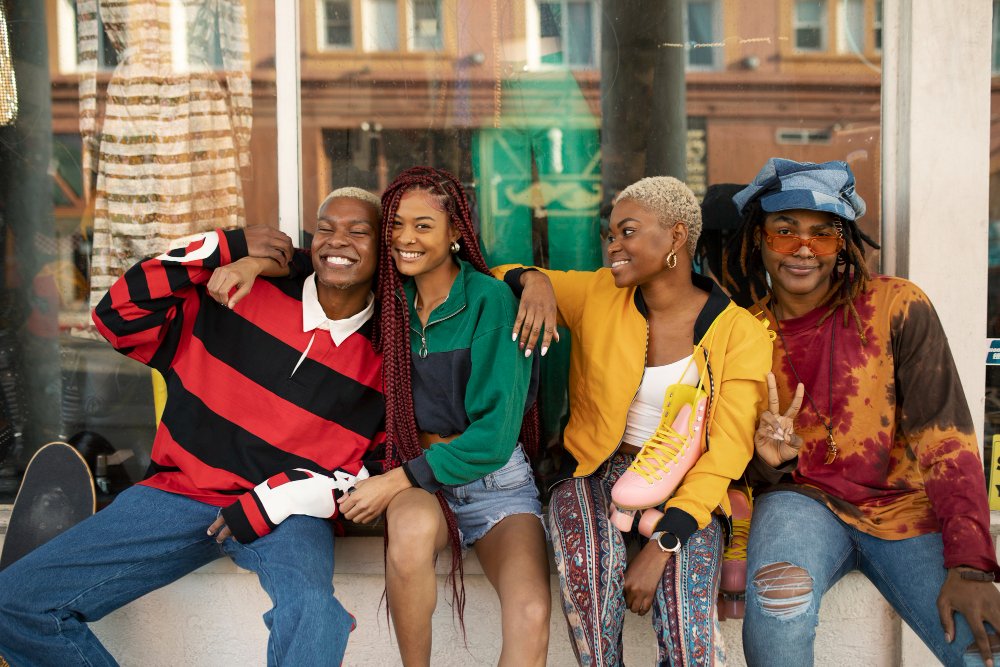
The Black and African American Community
According to Kevin J. Rivera, among African Americans, the chronically and severity of mental illness correlates with worse health outcomes and widens health disparities. Stigma related to mental illness compounds mental health disparities by creating barriers to help-seeking behavior.
African Americans are less than half as likely as non-Hispanic Whites to seek mental health treatment.
Twenty-one percent of Black and African Americans reported having a mental illness , compared to 23.9% of non-Hispanic Whites. However, just 39% of Black and African Americans received mental health services compared to non-Hispanic Whites.
Black Americans have similar rates of substance use disorder (17%) as non-Hispanic Whites, but higher rates of illicit drug use (24.3 vs 22.5 respectively) and unmet treatment needs (16.4% vs 15.7% respectively) (SAMHSA.gov., nd).
In 2020, suicide was the third leading cause of death, respectively, for blacks or African Americans, ages 15 to 24 (OMH -U.S. Department of Health and Human Services Offices of Minority Health).
Poverty levels affects mental health status. Black or African Americans living below poverty level, as compared to those over twice the poverty level, are twice as likely to report serious psychological distress.
References
1. Eliminating race-based mental health disparities ( Monnica T. Williams, PhD, Daniel C. Rosen, PhD, and Jonathan W. Kanter, PhD.
2. SAMHSA.gov
3. Minorityhealth.hhs.gov



